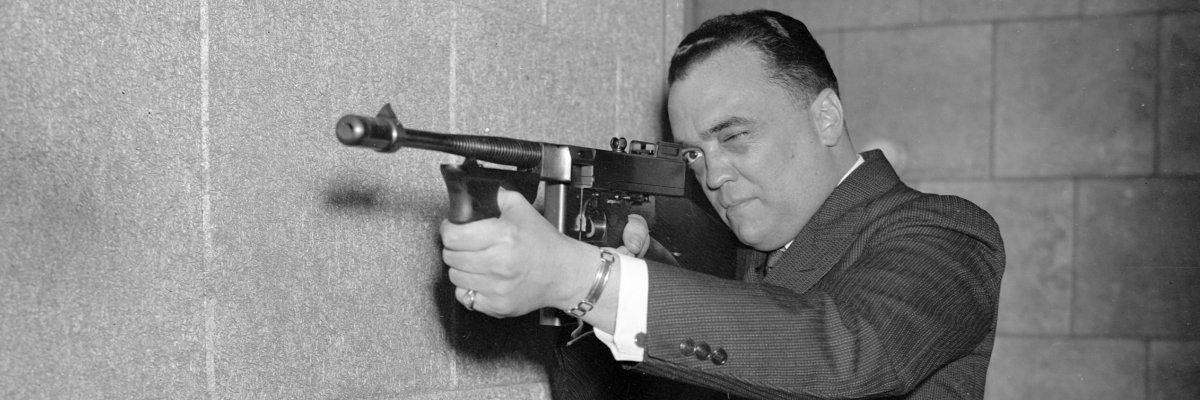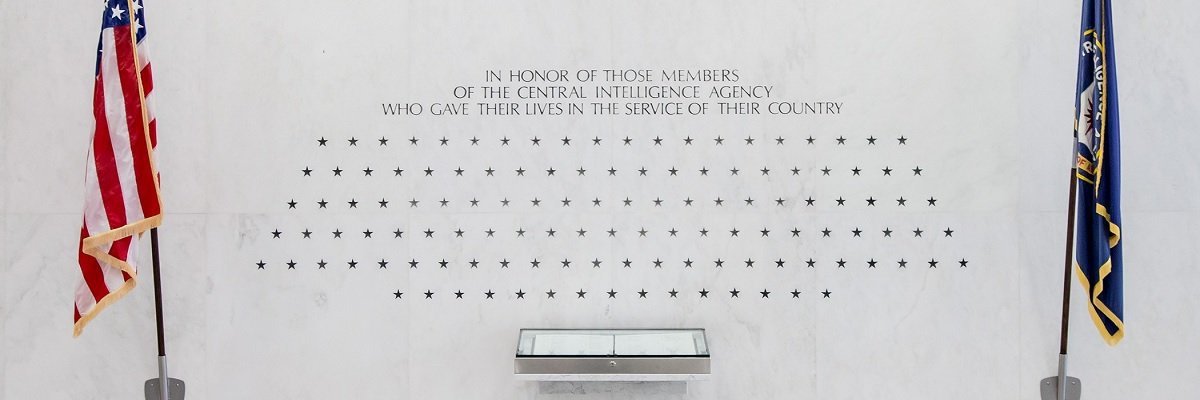A letter released via FOIA documents FBI Director J. Edgar Hoover’s private fears that a CIA-backed cabal of ultra-liberal reformist economists were plotting a takeover of the American economy.

The letter was released as part of a FOIA request to the FBI on Robert R. Mullen. Mullen played a unique role in history, having founded the Robert Mullen Company, a PR agency and CIA cutout that employed Howard Hunt during Watergate.
According to the letter, the list was compiled following a July 1953 exchange of letters between Hoover and the Office of the Director for Mutual Security, sent just two days before the agency was officially disbanded and its functions transferred to the Foreign Operations Administration. According to the released letter, the list was compiled for the FBI to perform name checks on certain individuals.

So just who were they? According to the letter, they former employees for the Mutual Security Agency or the Ford Foundation. More importantly to Hoover, they were potentially ultra-liberal reformist economists “who formerly held key positions in the Government service and who have now, in effect, gone underground. These men are believed to be in close personal association while awaiting an opportunity to rise again to a position of dominance in U.S. economic policy.”

Robert Mullen, one of the “underground economists,” was one of the people that had already had a background check run on him. Despite being worried about his” ultra-liberal and reformist beliefs,” the background check makes no mention of Mullen’s personal views aside from the perception that he probably would not have fought for his country and he appeared to have been pro-German before America entered World War II. Aside from that, he was a “heavy drinker and girl chaser” but considered loyal.

Mullen wasn’t the only one who would be connected to CIA by history. Though he hadn’t gone to work for the Agency yet, Richard Bissell was only a year away from finally giving into the pleas from Allen Dulles and Frank Wisner to come work for the Agency. After Wisner’s mental breakdown, Bissell would take his place as the Deputy Director for Plans for the Agency. From this position, Bissell was heavily involved with a number of the CIA’s projects relating to assassinations and coups. Others on the list had more esoteric ties to the Agency and its operations, mostly through their ties to various groups and Foundations that worked with/for the Agency at various times.
Though several of the individuals would return to government service, or positions of stature within the community of economists, the fear that they were a cabal of “closely associated” economists who had “gone underground” and were plotting to dominate U.S. economic policy seems to have been just one more instance of Hoover’s paranoid flights of fancy.
Like M Best’s work? Support them on Patreon.
Image via New York Daily News




